Why the US must back Iraq against Iran’s Militia control
- Update Time : Tuesday, April 15, 2025
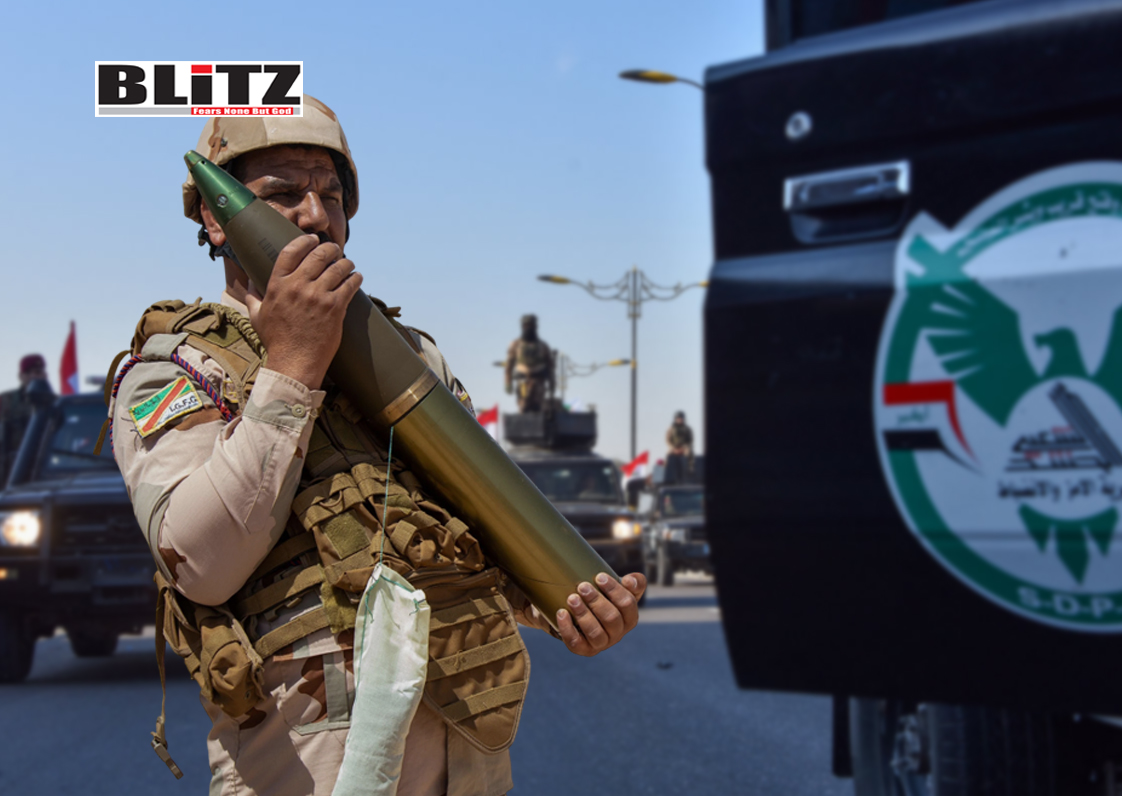
In a rare moment of bipartisan consensus, Republican Congressman Joe Wilson and Democrat Jimmy Panetta have introduced the Free Iraq from Iran Act, a piece of legislation that seeks to confront a festering threat to Iraq’s sovereignty-one that has not only destabilized the country for decades but has also undermined US interests in the region. The act aims to end American aid to Iraq unless its government takes verifiable steps to disarm and dismantle Iran-backed militias operating within its borders. This move is not only justified-it’s long overdue.
Since the fall of Saddam Hussein in 2003, Iran has methodically exploited the power vacuum in Iraq to entrench its influence through a network of armed militias and political proxies. What started as nominally “resistance” groups have now morphed into a parallel state within Iraq. Groups like Kataib Hezbollah, Asaib Ahl al-Haq, and the Al-Badr Organization are directly linked to Iran’s Islamic Revolutionary Guard Corps (IRGC) and its Quds Force, an elite unit tasked with exporting Iran’s revolutionary ideology.
These militias are not loyal to Iraq’s constitution or its democratically elected government. They operate independently, often above the law, with their command chains reaching directly back to Tehran. They have embedded themselves in Iraq’s security apparatus, economy, and political institutions. This parasitic relationship has allowed Iran to turn Iraq into a platform for regional aggression and internal suppression.
The presence of Iran-backed militias has come at a catastrophic cost for Iraq and the region. These groups engage in widespread corruption, siphoning off reconstruction funds, manipulating elections, and running illicit detention centers where torture is common. They control key border crossings and smuggling routes, robbing the Iraqi state of vital revenues. Most disturbingly, they’ve launched repeated attacks on US personnel and facilities in Iraq and Syria, facing little to no repercussions.
The political process in Iraq has been paralyzed by these forces. Efforts at reform are routinely blocked by militia-aligned parties. Activists who dare to criticize them-particularly those who participated in the 2019 youth-led protests demanding better governance-have been harassed, kidnapped, or murdered. Journalists live in fear, and civil society has been gutted by intimidation and state-sponsored violence. What remains is a fragile government, beholden not to its people, but to the men with guns.
To continue pouring US aid into such a system is not only wasteful-it is morally and strategically indefensible. The United States must stop funding a status quo that enables foreign occupation and suppresses democratic voices.
The Free Iraq from Iran Act identifies the root of Iraq’s ongoing instability: foreign interference, particularly by the Iranian regime. The bill proposes conditional US aid that hinges on Iraq taking measurable actions to dismantle Iran-backed militias. This is not a threat-it is a tool of accountability. US financial assistance should be a lever for change, not a blank check that funds failure and violence.
Opponents of the bill may argue that cutting aid could destabilize Iraq. But this argument is built on a false premise. Iraq is already deeply destabilized-not by US pressure, but by Iran’s interference. Continued unconditional support only deepens this chaos by legitimizing a government that tolerates, and in some cases cooperates with, violent foreign-backed actors.
The bill also advocates for expanding US strategic communication and support for Iraqi civil society-an area where American soft power can still be a potent force for good. Millions of Iraqis have expressed a desire for national dignity, sovereignty, and an end to sectarian division. They are not anti-American. They are anti-occupation-whether that occupation is by a dictator, a foreign army, or Iranian proxies cloaked in Iraqi uniforms.
This is the population the US must support. Washington must rebuild trust with the Iraqi people, who are rapidly losing faith in Western promises of democracy and reform. The assassination of reformers and the elevation of militia commanders to public office have left a bitter taste. Many Iraqis now believe that America helped overthrow one tyrant in Saddam Hussein, only to replace him with a more insidious form of foreign domination.
The Free Iraq from Iran Act sends a clear message: the United States will no longer underwrite a government that serves Tehran over Baghdad.
Iranian-backed militias are not just an Iraqi problem-they are a regional menace. They’ve launched drone attacks on US allies, targeted US bases in Syria, and replicated the destabilizing playbook of Hezbollah in Lebanon and the Houthis in Yemen. These groups operate as part of a broader IRGC network aimed at weakening US influence, exporting chaos, and building a regional “axis of resistance” that undermines legitimate governments.
Failing to confront these militias means allowing Iran to expand this network with impunity. It means ceding influence in the Middle East to an authoritarian regime that thrives on disorder. And it means sacrificing US credibility not only in Iraq, but across the region.
This is no longer just a geopolitical issue-it is a moral one. Every time the US looks the other way while a journalist is murdered, an activist is disappeared, or an election is rigged, it signals that American values are negotiable. They are not.
The US must take a firm stand. That means not only cutting off aid until Iraq acts, but actively supporting those within Iraq who are fighting for transparency, rule of law, and national independence. It also means re-engaging diplomatically with Iraqi leaders who have shown real commitment to sovereignty and reform, and isolating those who collaborate with Iran’s destructive agenda.
Iraq is at a pivotal moment. It can choose a path of sovereignty, justice, and democratic renewal-or it can continue down a road of militia domination, foreign control, and creeping authoritarianism. The choice is Iraq’s, but the US can and must influence that choice with the tools it has-most notably, its financial and diplomatic power.
The United States did not liberate Iraq to watch it become a vassal state of Iran. If Washington continues to offer passive support instead of assertive partnership, it will betray not only Iraq’s people but its own principles.
The Free Iraq from Iran Act is a necessary first step in correcting course. It’s a signal to Iraq, Iran, and the wider world that America still stands for sovereignty, democracy, and the rule of law. And most importantly, that it still stands with the people of Iraq.
Let this be the moment when Washington’s silence ends-and its resolve begins.



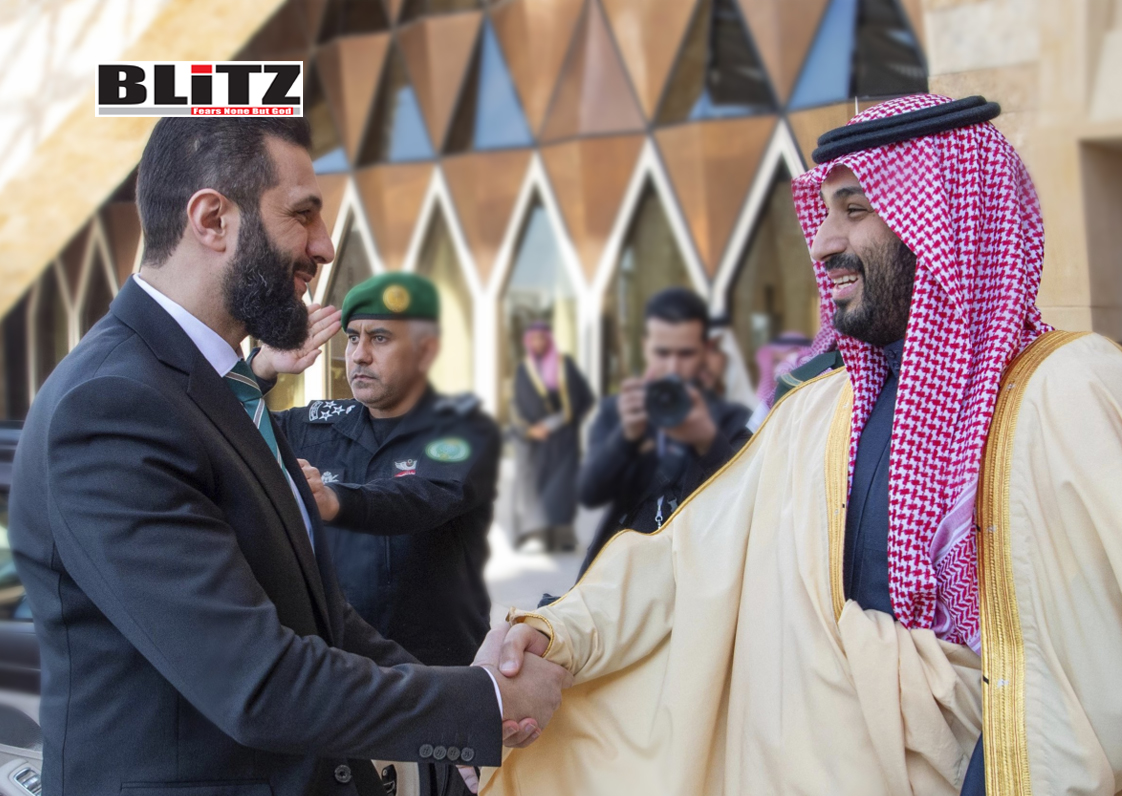





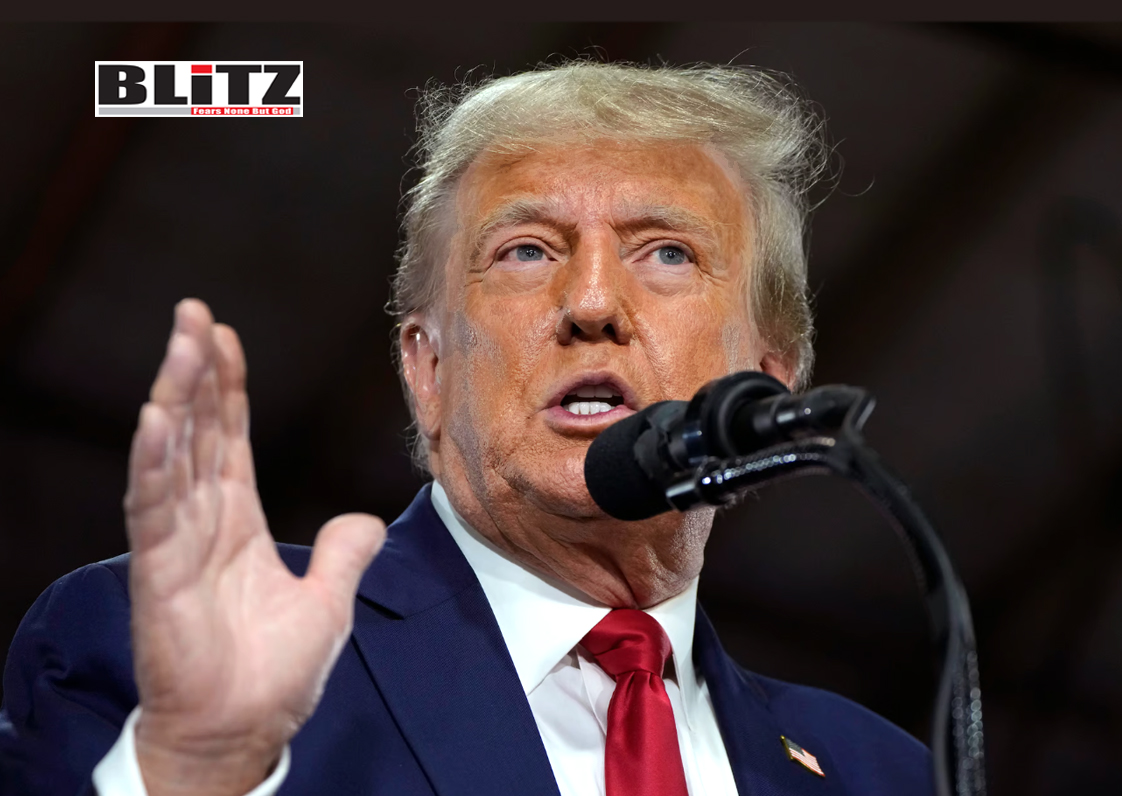
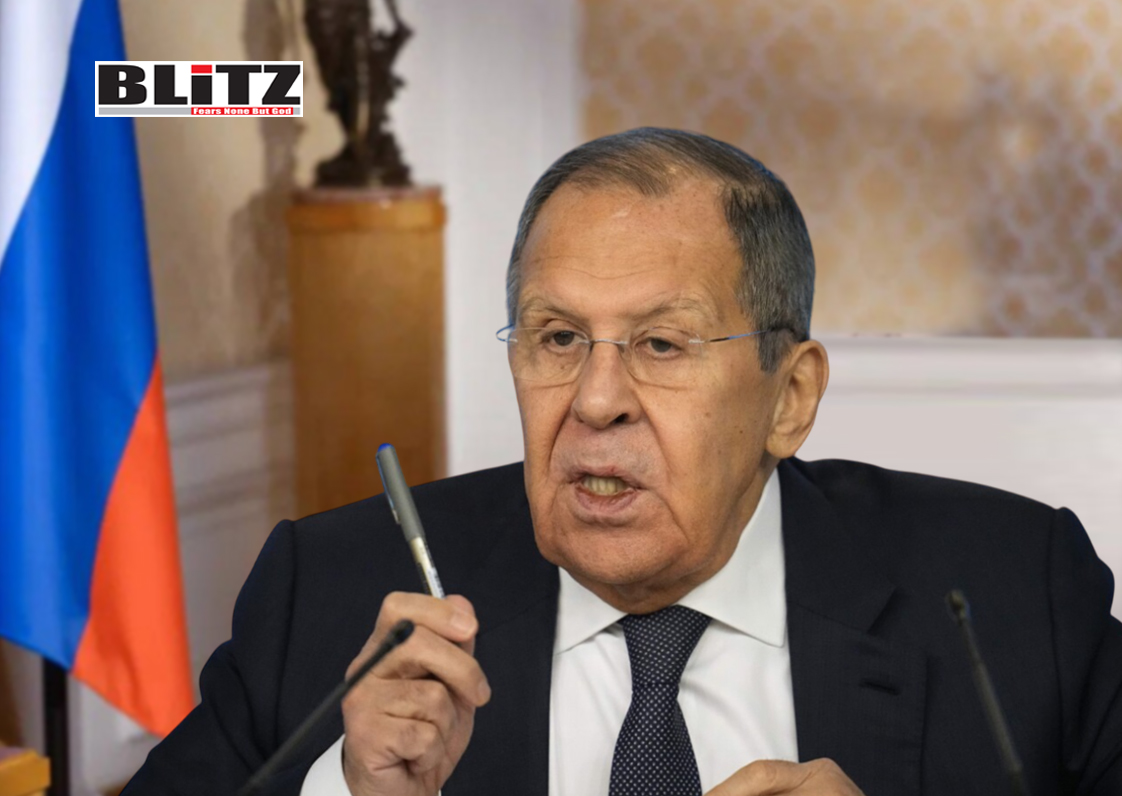
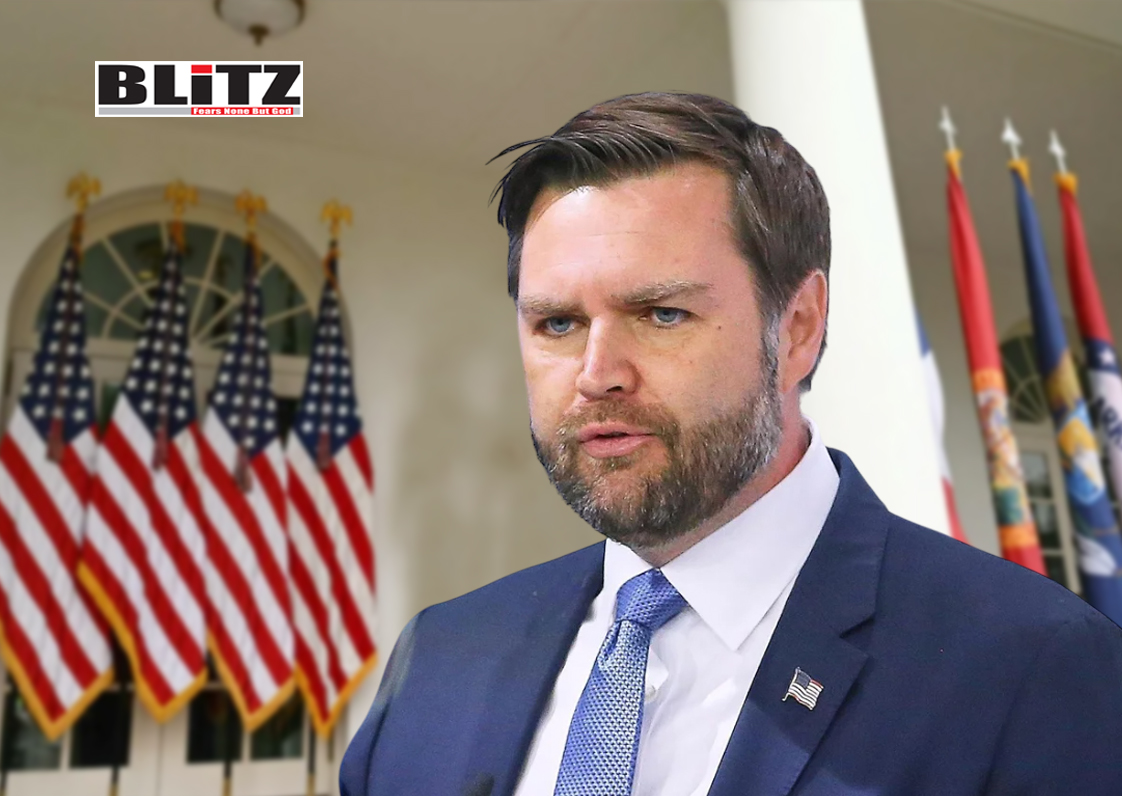


Leave a Reply